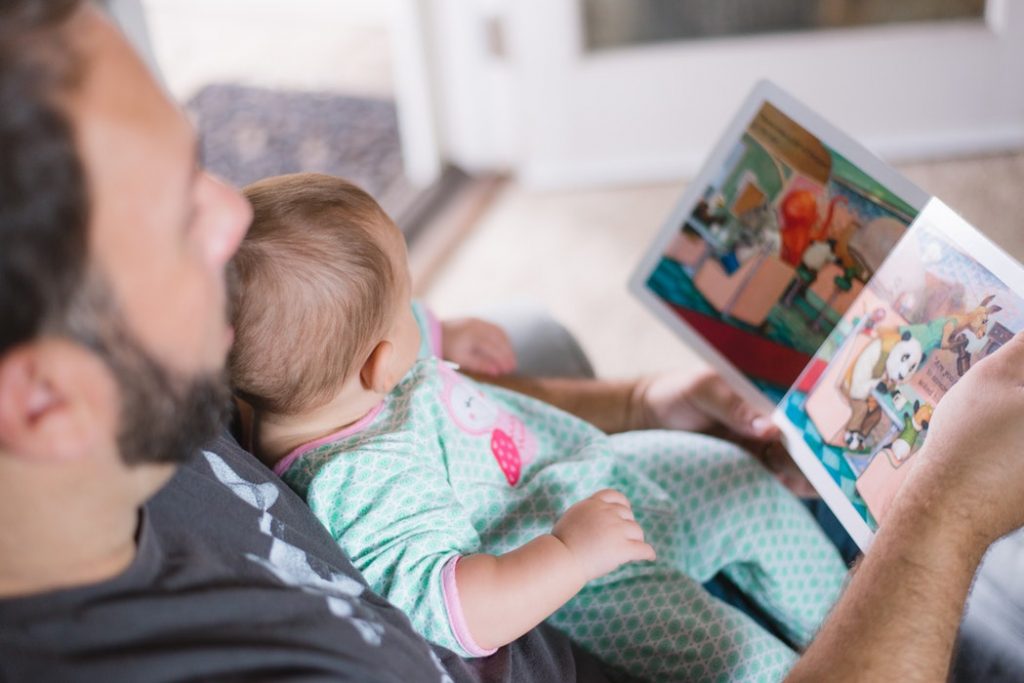
Vaccine safety matters. Why do some parents delay some vaccines? Why are these parents among the wealthiest and best educated? They have evidence-based concerns about the current CDC vaccine schedule. Photo via Unsplash.
Associated Press writer Jeff Barnard, who’s based in Grants Pass (but was in the Peace Corps years ago in Morocco and also lived on Cape Cod before moving to a more hospitable climate) interviewed me for a vaccine safety article he wrote, which is now all over the newswires. The subject: the CDC community meeting in Ashland, Oregon, on vaccine safety issues and where research money for the next five years should be directed.
Here’s an excerpt from his article:
ASHLAND, Ore. (AP) – There are so many parents in this free-spirited, unconventional small town who won’t get their kids vaccinated that federal researchers are paying money just to hear their side of things. On Saturday, 80 locals will get $50 apiece to talk about their worries over the risks of childhood shots.
“One of the basic tenets of my decision-making is mistrust of the government, a mistrust of the pharmaceutical companies, and mistrust of the big blanket thing that says this is what everybody has to do,” says Tracy Harding, an organic farming consultant and mother of two.“I get the public health standpoint,” she said. “I am still questioning (vaccines’) safety.”
Nationally, there is a budding movement of parents, many of whom are medical doctors, who are getting exemptions from laws requiring children to get vaccinated before attending school. The exemptions are one explanation the Centers for Disease Control and Prevention gives for a spike in measles cases. The government recommends as many as 10 vaccines before a child is 6, plus boosters along the way.
Dr. Ben Schwartz, an adviser to the National Vaccine Program, said the meeting in Ashland is one of three where the government is paying average citizens to give their views to inform officials charting the direction of vaccine research for the next five years. A similar meeting was held in Birmingham, Ala., and another is set for Indianapolis, both sites with more mainstream views about vaccines.
But Ashland stands apart from the mainstream.
The town of 20,000 on the flanks of the Siskiyou Mountains in southwestern Oregon has always been different. In the early 20th century it was on the Chautauqua lecture circuit, and the sulfurous waters of Lithia Springs drew visitors looking for a cure for what ailed them.
Today, it has one of the highest rates in the nation for vaccine exemptions—28 percent and rising in kindergartens, compared with about 4 percent statewide. One alternative school has 67 percent.
A liberal outpost in a conservative region, Ashland likes to go its own way. The city has its own water and electric utilities, and was a pioneer promoting solar energy, high-speed Internet, and dog parks. It has serious debates about whether to cut down trees to expand the library or whether to allow a woman to ride her bicycle naked in the Fourth of July parade.
And here’s the part at the end of his vaccine safety community meeting article where he quotes me:
Jennifer Margulis moved here with her husband and three kids from Massachusetts, where her mother is a cellular biologist and member of the National Academy of Sciences. Though she chuckles at some of Ashland’s personality quirks, she embraces the city’s strong sense of community and many people’s distrust of mainstream medicine.
“I never questioned the efficacy or intelligence of doing vaccines until I was in the hospital with my newborn daughter and a doctor tried to get me to give her hepatitis B vaccine,” she said. “Hepatitis B is a sexually transmitted disease. I knew I didn’t have hepatitis B. I knew my husband didn’t have it. I knew there was no way she would come in contact with anyone with hepatitis B.
“You have this tiny, frog-like baby and they want to shoot her up with things.”
Afterward, Margulis’ pediatrician supported her choice. “I decided it was my responsibility as a parent to research each and every vaccine to make an informed, intelligent decision, not to just follow what doctors told me,” she said.
Oregon Public Broadcasting’s “Think Out Loud” also did a show right before the meeting.
Despite some serious technical difficulties (the show was live, apparently this hasn’t happened before, the producers were mortified and scrambling though they covered their tracks with great professionalism), it was an interesting program.
I was on right at the beginning and I spoke about why we chose to selectively immunize our children and why we chose not to follow the CDC’s guidelines.
You can listen to the Think Out Loud podcast about vaccine safety and vaccine hesitancy here.
Published: January 12, 2009
Updated: January 21, 2020
Good on you Jennifer! I am all agreed on the vaccine stuff. My kids are vaccinated but I waited to give them vaccines until they were a little older and didnt get varicella but let them get the pox… and not wanting to give them the Hep vaccines they’re trying to force on them now (they’re teen/tween age). I’m highly suspect of the whole medical-pharma industry – patients definitely have to do their own research!!
Good for you for challenging the doctor. I believe there is alot of autism (and other problems with pharmaceuticals) because everyone takes what the doctor says for gospel. Glad your baby was not unnecessarily injected.
I listened to the podcast – it was great! Highly informative.